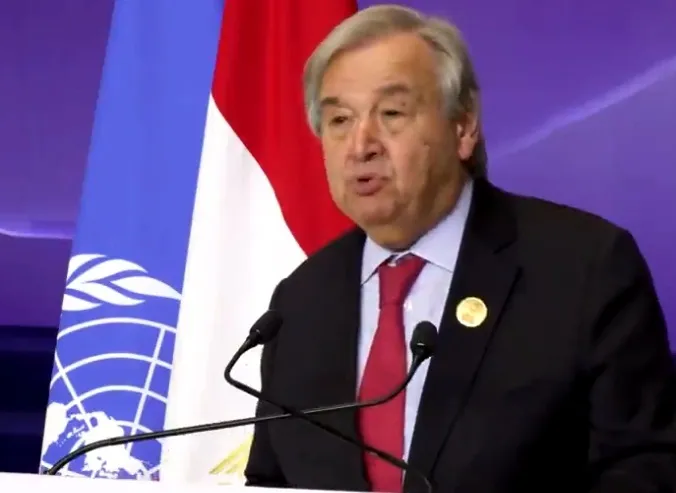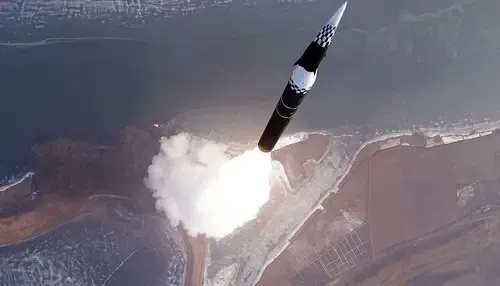Why Did the UN Chief Condemn the Deadly Israeli Attack on a Gaza Church?

Synopsis
Key Takeaways
- The UN strongly condemns attacks on places of worship.
- Over 737,000 individuals have been displaced in Gaza.
- Immediate ceasefire is essential to protect civilians.
- Humanitarian aid must be allowed to flow into Gaza.
- Fuel shortages are impacting critical services.
United Nations, July 18 (NationPress) UN Secretary-General Antonio Guterres has strongly denounced the Israeli attack on the Holy Family Church in Gaza, which serves as a refuge for civilians, according to a UN spokesperson.
"Attacks on places of worship are utterly unacceptable," stated Stephanie Tremblay, the associate spokesperson for the UN chief. "Individuals seeking refuge deserve respect and protection, not to be targeted by airstrikes."
With countless lives already lost, the secretary-general is urging all parties to consistently respect and protect civilians and to facilitate a substantial flow of humanitarian assistance into Gaza, Tremblay added. An immediate ceasefire is urgently needed, along with the unconditional release of all hostages, as reported by Xinhua news agency.
The UN Office for the Coordination of Humanitarian Affairs (OCHA) reported on Wednesday that Israeli assaults in the last 24 hours have struck locations housing displaced Palestinians, resulting in injuries and fatalities.
From July 8 to 15, OCHA indicated that over 11,600 individuals were newly displaced, bringing the total displacement since the ceasefire's collapse on March 18 to over 737,000 individuals, which is approximately 35 percent of Gaza's population.
Since the onset of the conflict in Gaza 21 months ago, almost the entire population has experienced displacement, often multiple times.
The office noted that most housing in Gaza has been destroyed or rendered uninhabitable, forcing many families to live outdoors. Moreover, displaced individuals are reluctant to bathe in the Mediterranean after Israeli authorities reinstated a ban on access to the sea along Gaza's coastline, specifically forbidding swimming and fishing.
For many, the Mediterranean has been their sole means of bathing due to the near-total collapse of water infrastructure, according to OCHA. Fuel shortages persist, and the amount of fuel allowed into Gaza by Israel remains inadequate to sustain essential services.
"Today marked a small yet crucial advancement: For the first time in over 135 days, we were permitted to bring in some benzene, which powers ambulances and other vital services," humanitarian officials stated. "This is in addition to the limited quantities of diesel allowed over the past week."
Nonetheless, OCHA advocates for a regular influx of more fuel, including both benzene and diesel, along with an immediate lifting of the ban on shelter materials. "Lives hinge on both fuel and shelter," the humanitarian officials emphasized.









